What is Parkinson's Disease? Parkinson's disease is a progressive disorder of the nervous system that affects movement. It develops slowly, making it hard to diagnose in its early stages. It may begin with a slight tremor in one hand; however, although tremors are the most common symptom of Parkinson's Disease, other symptoms can include a slowing or freezing of movement (Citation 214). Dopamine is a substance that acts as a messenger between two parts of the brain, in order to control and produce smooth movements that an individual can control. Lack of dopamine is most often the cause of Parkinson's Disease in relation to movement control (Citation 215). |
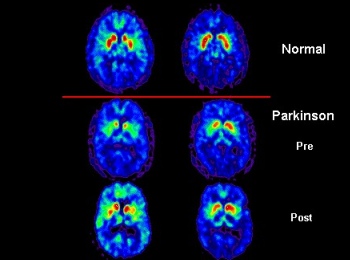 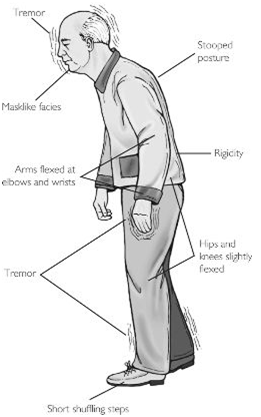 | Symptoms: Like with any other disease, symtpoms of Parkinson's disease can differ within each person. Symptoms of Parkinson's disease most often begin on one side of the body, and gradually affect the other side. However, the originally affected side will remain the worse of the two. Symptoms can include:
|
What genes are linked to Parkinson's disease? Parkinson's disease most often occurs spontaneously with no known cause. Although a small percentage have family members with the disease, scientists have linked a number of genes in relation to the disorder. 5 genes have been linked to Parkinson's disease: Disclaimer Note: The following list of genes was obtained from a website. See Citation 219.
There are also a number of other chromosomes that have been thought to be linked to Parkinson's disease. Scientists hope that studying these genes will provide more adequate treatments of gene therapy in the future. | 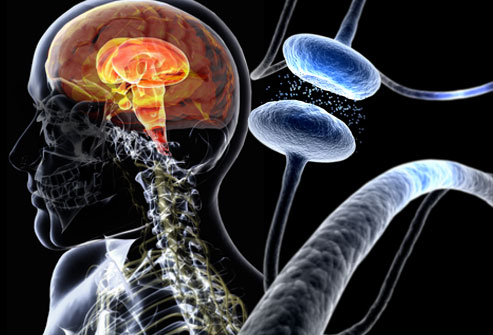 .jpg) |
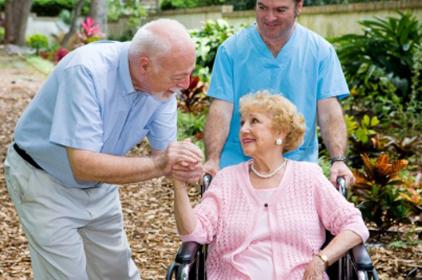 | Who is at risk for Parkinson's disease?
|
Treatments and Drugs : Like many other diseases, unfortunately there is no cure for Parkinson's disease, only treatment. Treatments include medication, surgery, therapy and more. Your doctor could recommend several different life changing treatments depending on the severity of the disease. Medications For a full list of examples of medication your doctor may prescribe, click here. | 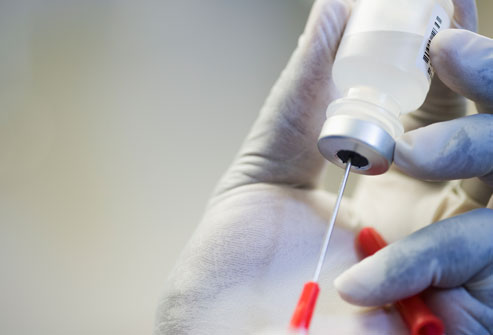 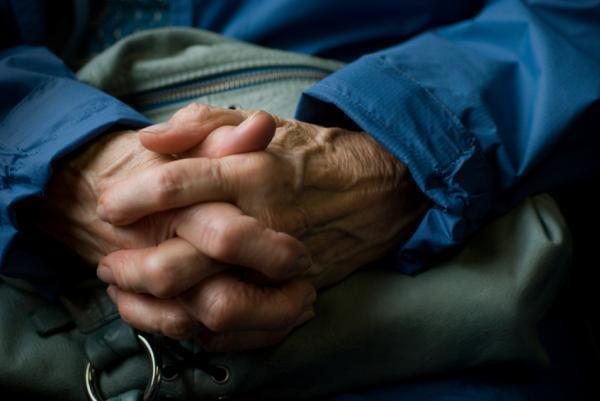 |